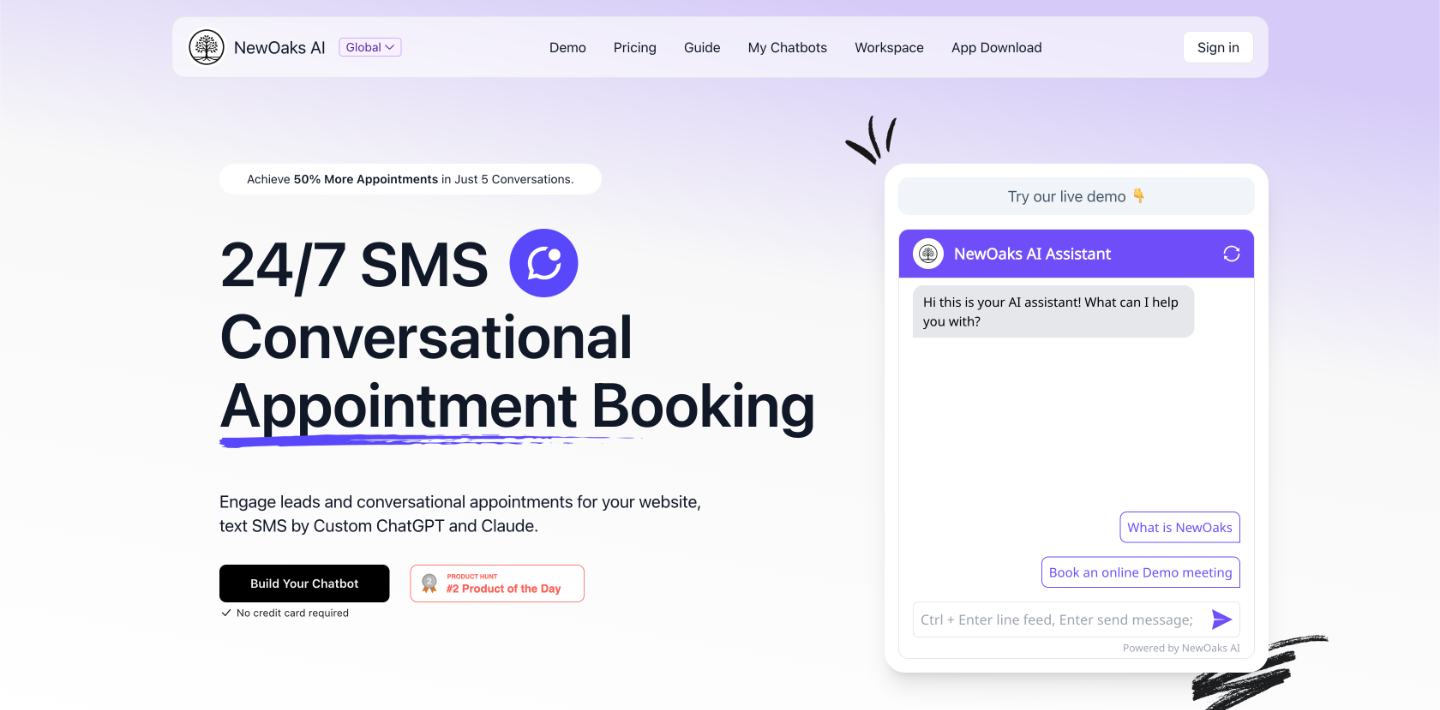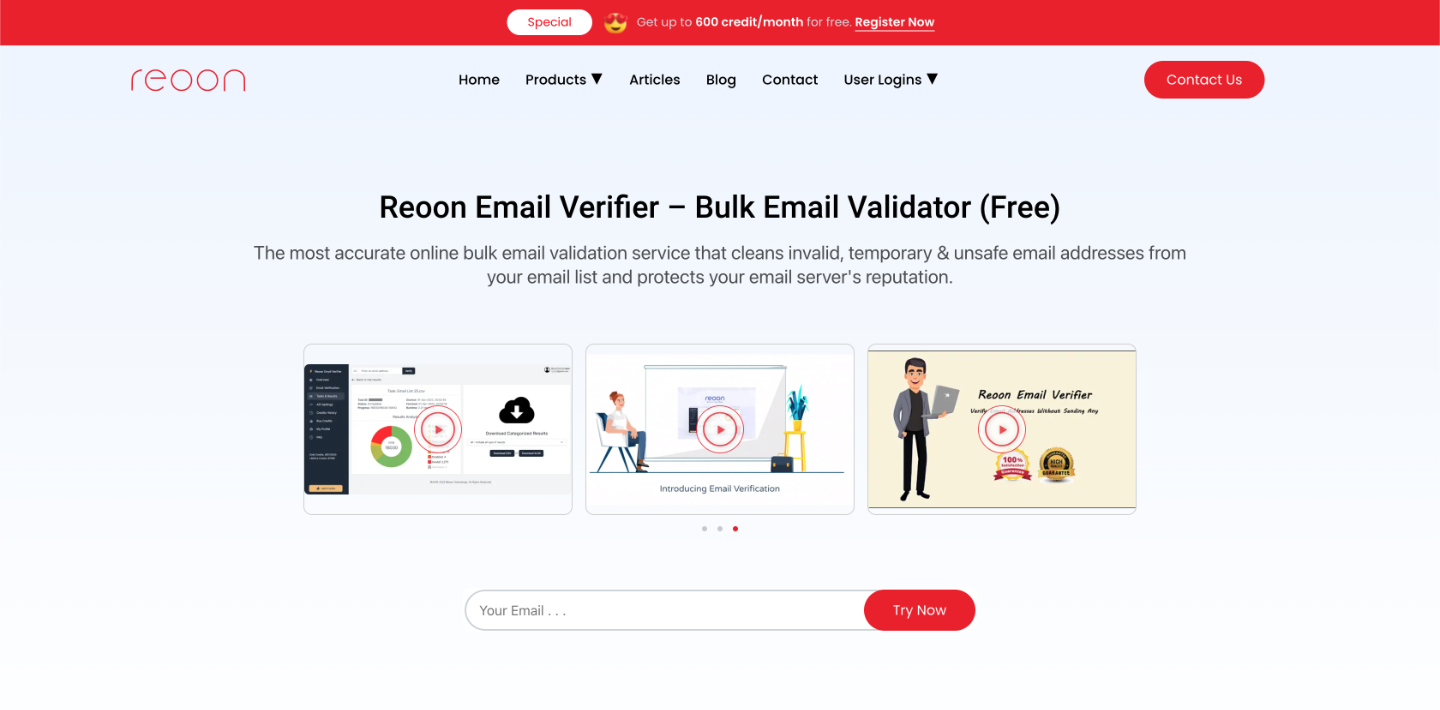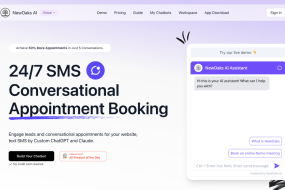
Success in business is dependent on multiple factors. It’s needed to study every possibility to come up with a decent proposal. Accordingly, wise entrepreneurs give special heed to a business proposal.It should be composed smartly and reasonably to attract potential buyers or clients.
A business proposal is a special document, which is a written offer to a potential buyer/client. It contains the main conditions, policies, and rules about an anticipated dealing. An entrepreneur can attract or scare off possible clients. Therefore, you should tackle this matter responsibly. Here are our 8 fundamental tips provided by experts from CustomWritings, a leading professional writing company on the market. These writing guidelines will help you to acquire the desired agreement thanks to writing.
Consider the following points:
- Keep it simple.
- Find the right person.
- Identify all parties.
- Come up with details.
- Specify the financial aspect.
- Agree on contract termination conditions.
- Determine the solution peculiarities.
- Select a state law.
We will highlight each point in turn. Keep on reading.
Tip #1
You may be taken by surprise, but business projects are better to compose in a simple manner. You’re not obliged to write such words and phrases as “party of the first part” and similar ones. You ought to be straightforward and clear. Be straight to the point, operate with well-known words and terms, write short and plain sentences, use bullet lists and add headings. Thus, the text will be pleasant to the eye and actually readable.
Tip #2
Know who you are going to deal with. Make sure you have chosen the right person. Don’t waste time negotiating with people who are only helpers and agree on every step with their boss. Make sure you meet and propose your product/service to a person who makes the final decision. Clarify this matter. Ask what rights, obligations, restrictions this person has. If he/she isn’t’ in charge and can only discuss the terms without further signing, organize another meeting with an owner or an executive chief.
Tip #3
You may be surprised, but many contracts contain wrong names. You should be always confident that you have got the correct and legal names. This provides your potential investors and partners with a higher level of trust. They understand that you are competent in every aspect and are professional. Take every matter seriously. For example, clarify such abbreviations as LLC or Inc. Thus, you’ll avoid problems with legal rights against you.
Tip #4
Details mean everything. Many business writers think that the major scale of the agreement is enough. In fact, this is only the tip of the iceberg. Your anticipated clients/buyers wish to know exactly what they are going to sign up. Remember that official documents operate with actual facts. All the matters, which were discussed verbally aren’t obligatorily reflected on the paper.
Your clients don’t want to be let down by the broken promises. Consequently, provide as many details about your agreement as possible. Thus, your clients will know for sure what to wait from your collaboration and will tell you whether your proposal is worth their effort.
Tip #5
One of the most important aspects of any business proposal and agreement is to highlight payment obligations. Your buyers definitely wish to know what kind of products/services they are going to buy and how much should they cost. There are different payments including taxes, the price for installment, and other necessities. Mind that some folks are content with business checks or charge cards. The others prefer cash. Determine these terms to be sure that you have understood your clients properly and they have no complaints.
Tip #6
It’s important to provide a possibility to terminate the contract if it’s necessary. Both parties should have the right to do that. Everything should be kept in accordance with the law and simply fair rules.
For example, if one of the parties misses too many deadlines, doesn’t fulfill its responsibilities properly, violates legal terms, etc. the second party should have the full right to revoke the agreement.
Tip #7
Unfortunately, every business affair is a risky challenge. Not all negotiations run smoothly. Oftentimes, there take place some problems and misunderstandings. Therefore, you’d better add a special point about the way disputes should be resolved.
This vital point is similar to the termination issues. You should define the correct and fair conditions to regulate situations when something goes wrong. For instance, you may decide how to handle the dispute – through arbitration or mediation.
Tip #8
You should never forget about the legal aspect of your agreement. Under the condition, you make a deal in the United States of America it’s necessary to take into account state laws. Every state has many differences concerning the way a business should be conducted. Thus, state laws specify the way disputes will be regulated, what actions to undertake, which laws to depend on and something of the kind. Mind that laws are likewise different in other countries. This is especially essential when you make agreements on the international arena.
There is one more additional tip. Keep your business affairs confidential. This is a very important point. Your competitors may spy on you and ruin your business. Consequently, when you make a business offer you are obligated to never spread any details on your agreement. Simultaneously, your partners likewise give mutual promises that this information will be kept safe and secret.














